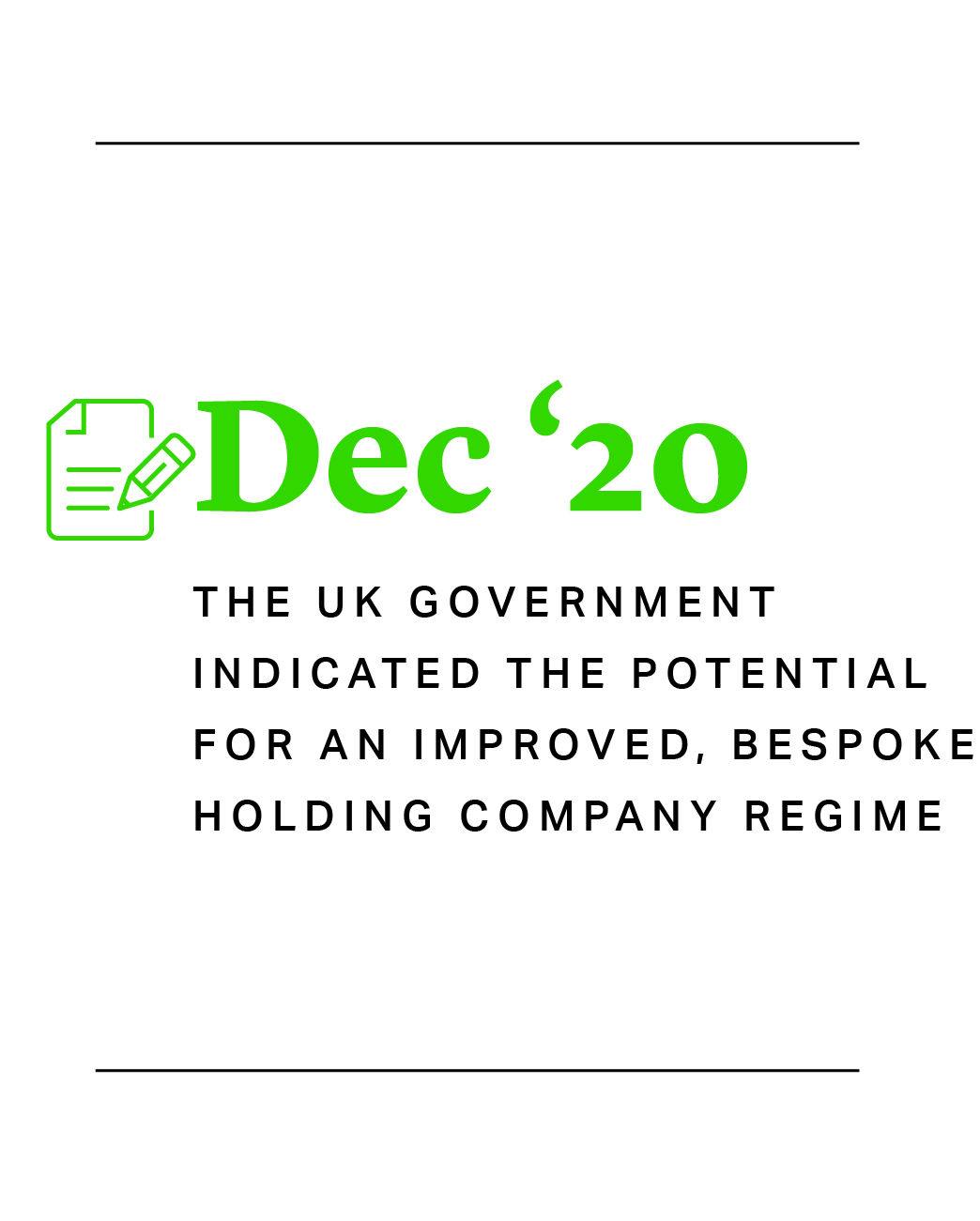European
Taxation Trends
and Private Equity

With impetus from the new Biden administration in the U.S., tax policy makers across the globe are busy working through what are likely to be some fundamental and wide-reaching changes to the international tax landscape. In the meantime, domestic lawmakers and tax authorities across Europe are taking a tougher line on current and historic corporate tax dealings.
Private equity firms in Europe should expect more scrutiny of their fund and holding company structures, enhanced disclosure of cross-border transactions and arrangements, potentially higher taxes as national governments seek to pay for financial support provided during the pandemic, and a more aggressive approach from national tax offices, including investigations and assessments for unpaid taxes.
Tax Authority and Enforcement Trends in Europe
The creation of an OECD initiative in 2015 to combat so-called “base erosion and profit shifting” put tax avoidance on the global political and legislative agenda. Anti-tax avoidance Directives that followed in Europe were designed to provide a minimum level of protection against corporate tax avoidance throughout the EU. National governments have now largely transposed those rules, and others, while also focusing on increasing tax collection, in part due to the impact of Covid-19 on national finances. At the same time as having to deal with legal and practical difficulties arising from the pandemic, multinationals with complex holding structures and operations across jurisdictions are often in their sights. Among the trends, we see:
One notable example of the direction of travel amongst continental European tax authorities is in Italy where the authorities have far reaching investigation powers and have announced extensive recourse to AI and machine learning as an additional tool to identify and tackle fact patterns with features of aggressive tax planning. The position in Italy is compounded further by the limited scope of legal privilege there.
Effect of the DAC6 Reporting Regime
The EU’s DAC6 regime, which came into force in 2018, requires cross border transactions which meet certain “hallmarks” to be reported to national tax authorities. While primarily targeted at intermediaries such as tax advisers, the rules can impact managers of private equity funds and in some cases taxpayers. Reportable transactions and arrangements potentially include cross-border investment structures, M&A, group reorganisations and financing arrangements. Reported information is stored on a centralised database and shared with authorities in all other European member states.
As a result of DAC6, tax authorities will inevitably gather and share more information than ever before, and they and will be emboldened to launch wide-reaching and coordinated investigations. A potential wave of ‘fishing expeditions’ seems on the horizon in addition to the additional compliance burden for firms with operations or investments in the EU.


The UK as Potential Holding Company Location
Following Brexit, and in light of the tougher line being taken in some EU countries, the UK has the potential to become more attractive as a holding company jurisdiction. The UK already has a number of welcoming features for holding companies and in a consultation paper published in December 2020, the UK government indicated the potential for an improved, bespoke holding company regime, ironing out some current shortcomings. The second phase of the consultation closed in February, with draft legislation due to be published for technical consultation in the coming months. The government appears to be receptive to the objectives, views and concerns of the funds industry, which is a cause for optimism, although the devil will be in the detail of any proposals.
Getting Prepared for More Intense Tax Scrutiny
New legislation and the trend towards greater tax scrutiny will undoubtedly create challenges and concerns for private equity across Europe. However, sponsors can prepare for any rules, enquiries or investigations that might arise. Sensible precautions – for deal and investment professionals as well as for tax and legal teams – can include:
- Impact assessments to consider compliance with DAC6
- Considering new or more robust structures for funds and holding companies
- Staff training on regulation and reporting
- Planning responses and lines of argument to tax authority enquiries
- Preparation for dealing with potential dawn raids




